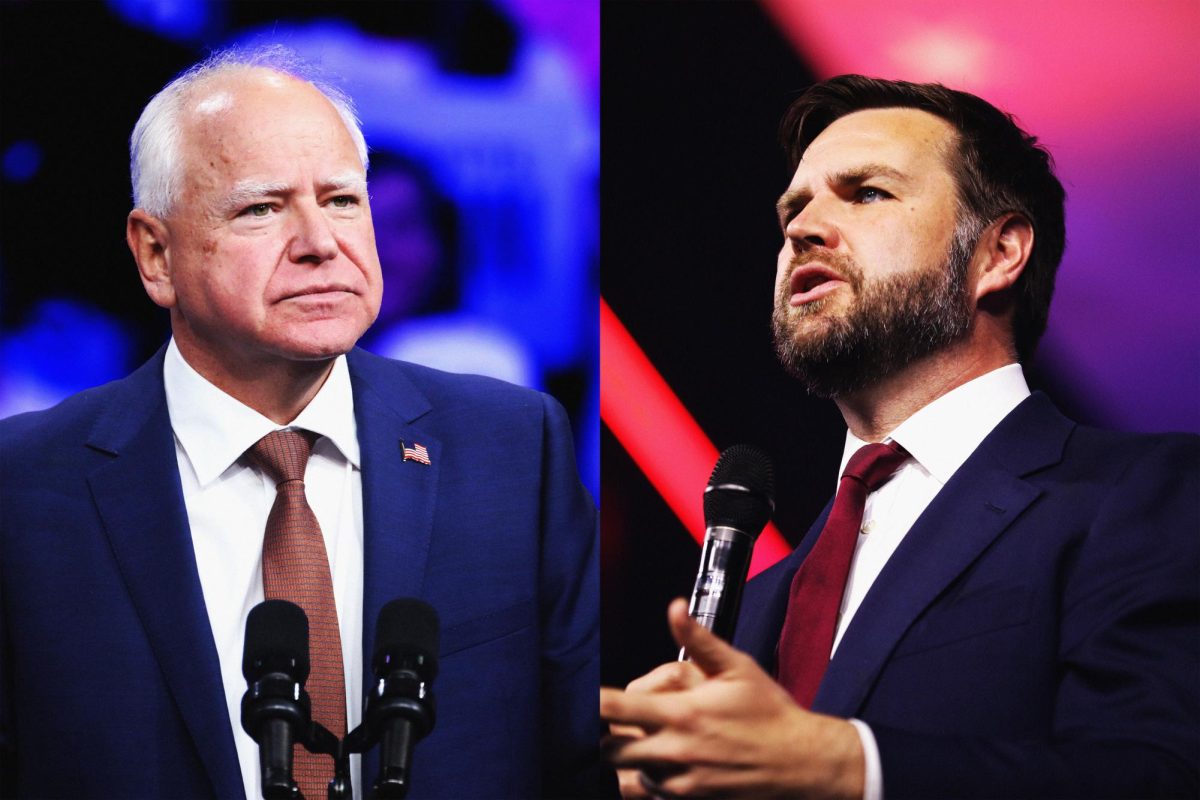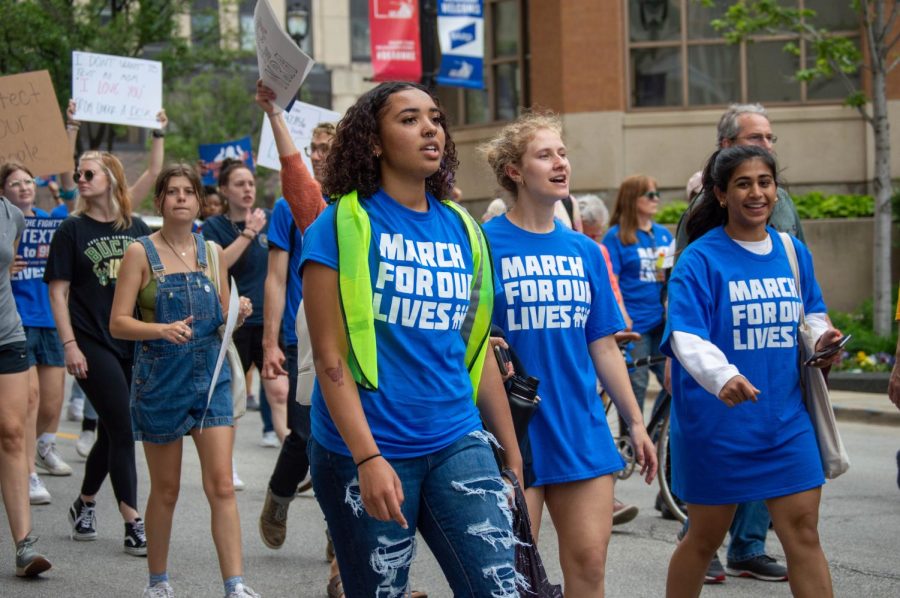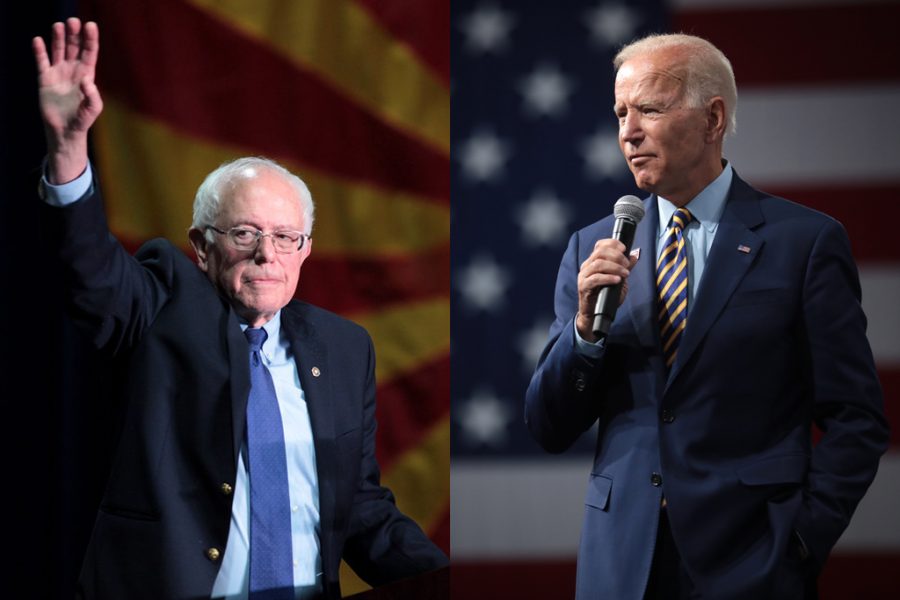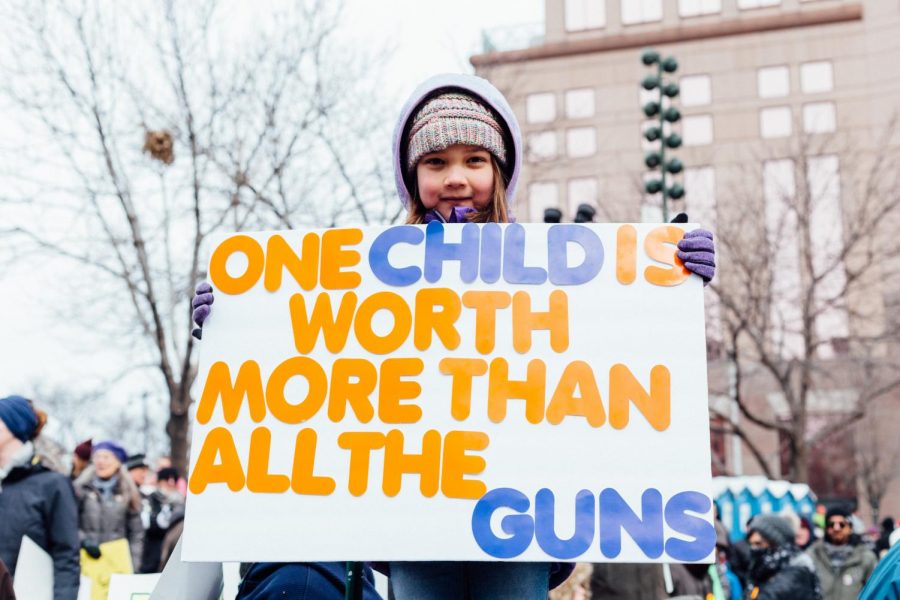Massachusetts Rep. Ayanna Pressley proposed an amendment last month that would lower the federal voting age from 18 to 16. While the amendment failed by a wide margin, lawmakers must continue to act in support of this cause, as 16 and 17-year-olds have shown a rising commitment toward shaping the future of American politics.
The case for lowering the voting age is emphasized by recent noteworthy cases of political activism among high school students. Tens of thousands of students across the world organized a strike from school to demand action on climate change in March, with protests in almost every U.S. state. The event resembled a similar walkout that occurred at thousands of high schools around the nation last year calling for stricter gun control laws in response to the school shooting at Marjory Stoneman Douglas High School in Parkland, Florida. The student activists in these cases showed a clear understanding of the power that political action can have for the safety and well-being of their generation.
Despite this activism, many people would still fear that 16 and 17-year-olds aren’t mature enough to make informed political choices. However, this argument is undermined by the wide variety of legal rights and responsibilities this demographic is already granted. A 16-year-old is able to work full-time, drive, pay taxes and can be tried as an adult in a court of law. They should be granted an equal voice to determine the ways tax dollars are being spent and the laws they’re being held accountable for.
Furthermore, the perceived tendency of 16-year-olds to make rash, irrational decisions may not be reflected at the ballot box. In a column for the New York Times, Laurence Steinberg, a psychologist at Temple University, argued that his previous research shows that this demographic is only more likely to make rash decisions during periods of “hot cognition.” These periods occur when they’re emotionally aroused, in a group or in a hurry. In periods of “cold cognition,” when they have time to deliberate over their decisions, they can perform just as well as adults. The act of voting would fall decidedly under the cold cognition category.
Additionally, being politically informed isn’t a current requirement for voting, and therefore should not be a consideration against lowering the voting age. Less than one third of American adults are able to name all three branches of government, according to a 2018 survey by the Annenberg Public Policy Center. Given the fact that many states require civics courses, high school students likely have the potential to outperform some older voters in knowledge about the inner workings of government.
Lowering the voting age could also be a powerful tool for creating a lifelong practice of voting. Research from political scientists at Yale University showed that voting is habit -forming, which means that casting a ballot in one election significantly increases the likelihood of voting in subsequent elections. Most 16-year-olds live in an ideal environment to begin this habit, as some of their parents can inform them on how to register to vote and the locations of their polling places. In contrast, many 18-year-olds will have to research this information on their own once they’ve left for college, which could discourage them from starting to vote. This theory is reinforced by research from the University of Copenhagen, which found that the act of leaving the nest has a negative impact on young adults’ voter turnout.
The recent protests for climate change and gun control displayed an inspiring and hopeful vision for America’s political future. Lawmakers should work to ensure the leaders of these movements are able to shape this vision at the ballot box.










Tom G • Apr 28, 2019 at 4:05 am
I really dont see any compelling arguments to lower the voting age to 16. Any argument that could be made to lower it to 16 could also be made to advocate for 14 year olds voting. 14 year olds can also work and pay taxes and can even drive in some states. Should they too be allowed to vote?
In 1971 there were very compelling arguments to lower the voting age to 18, because the draft/conscription age had been set to 18. What would be the reason now to lower it to 16? 16 year olds cannot join the military and there’s plenty of other things they cannot do. Why should we let those with a restricted driver’s license who cant sign off on contracts, give medical consent, marry legally and consent to sex in many states, buy tobacco, drink, buy a firearm (and tons more) ….vote? It would be ridiculous to let 16-17 year old teens who haven’t even finished compulsory education to engage in a traditionally adult process.